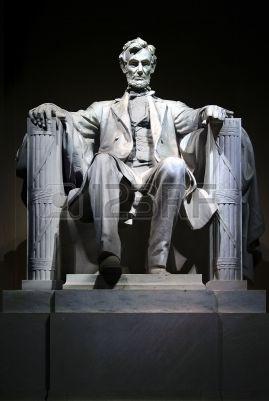
Practical information
Au lendemain des deux débats télévisés entre John McCain et Barack Obama, le Centre français sur les Etats-Unis (Ifri) organise une table ronde sur la campagne présidentielle aux Etats-Unis. Intervenants : Steven Erlanger, chef de bureau du New York Times à Paris ; André Kaspi, professeur émérite à la Sorbonne, président du Comité pour l'histoire au CNRS et auteur du livre "Comprendre les Etats-Unis d'aujourd'hui" ; Jacques Mistral, directeur des études économiques (Ifri) et auteur de "La troisième révolution américaine". Présidence : François Bujon de l'Estang, ancien ambassadeur de France à Washington, président de Citigroup France.
The United States Program at IFRI has organized a roundtable on the U.S. presidential election following the debates between Barack Obama and John McCain. Participants will include: Steven Erlanger, head of the Paris bureau for the New York Times ; André Kaspi, Emeritus Professor at the Sorbonne, president of the comittee for history at CNRS and author of the book "Comprendre les Etats-Unis d'aujourd'hui" ; Jacques Mistral, Director of Economic Studies (Ifri) and author of "La troisième révolution américaine".
Facilitator : François Bujon de l'Estang, former French ambassador to the United States, president of Citigroup France.
Other events

Paris Naval Conference 2026: Naval Rearmament and Operations in Contested Waters
This fourth edition of the Paris Naval Conference (CNP), bringing together high-level military, industrial, and academic speakers, will address the challenges associated with general naval rearmament and naval operations in increasingly contested environments.





